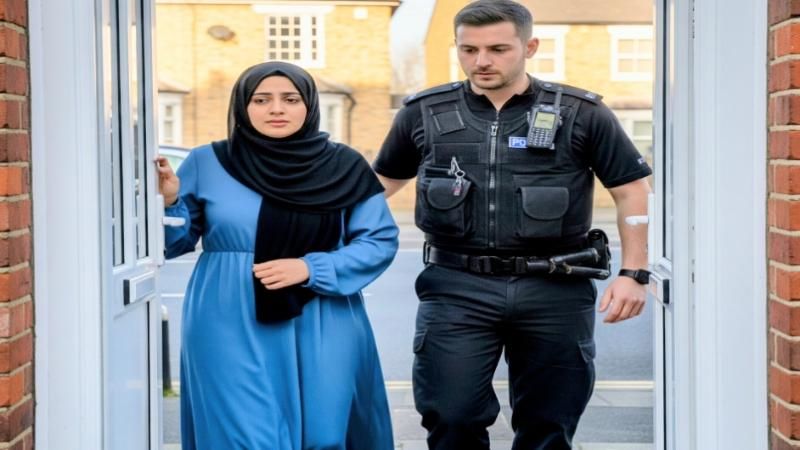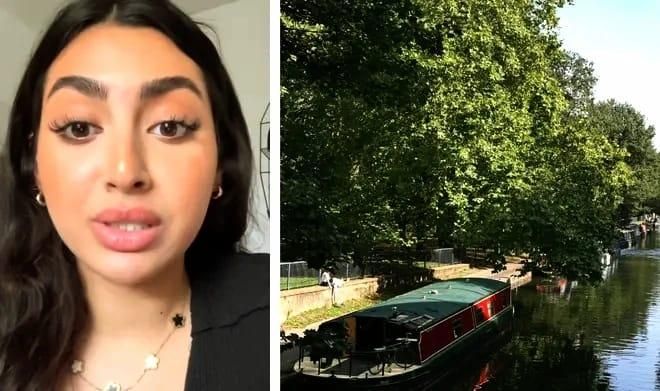The UK is grappling with a severe blood shortage, pushing the nation's vital O-negative reserves to alarmingly low levels. NHS Blood and Transplant (NHSBT) has issued a stark warning, indicating that a "red alert" – the highest warning level – could be declared if donation rates do not drastically improve. Such a declaration would force hospitals to limit operations, prioritising blood exclusively for emergency procedures.
Hospitals across the UK currently hold less than three days' worth of O-negative blood, the crucial universal blood type that can be safely transfused to any patient regardless of their own blood group in emergency situations. This precarious situation has been exacerbated by a unique confluence of factors, including four bank holidays and a half-term break within a six-week period, which significantly impacted donation turnout. Concurrently, there has been an increased demand for O-type blood due to a rise in various health conditions.
NHSBT is urgently appealing to all eligible donors, particularly those with O blood types (O-negative and O-positive), to book appointments immediately. Every donation is crucial in replenishing these life-saving supplies and preventing a deeper crisis.
The Role of British Bangladeshi, British Muslim, and South Asian Communities in Blood Donation
The critical need for blood highlights the importance of a diverse donor base, especially for specific blood types and rarer subtypes. While data on blood donation rates specifically for British Bangladeshi and British Muslim communities is often grouped under broader "South Asian" or "BAME" (Black, Asian, and Minority Ethnic) categories, existing research indicates that these communities are generally underrepresented among blood donors in the UK.
Studies have shown that people of South Asian origin, including British Bangladeshi and British Muslim individuals, have lower rates of blood donation compared to the white British population. For instance, some findings suggest donation rates among those of Asian Bangladeshi origin are significantly lower than for white British individuals. This underrepresentation is a concern, as certain blood types and subtypes, such as Ro, are more prevalent in specific ethnic groups and are vital for treating conditions like sickle cell disease, which disproportionately affects individuals of Black and some South Asian heritage.
NHSBT and community organisations have actively worked to address these disparities by raising awareness, dispelling misconceptions, and encouraging donations within these communities. Cultural and religious considerations are often addressed, as Islam, for example, generally permits blood donation as a life-saving act. Overcoming barriers such as lack of awareness, fear of infection, or travel restrictions (due to potential exposure to endemic diseases in ancestral homelands) remains an ongoing effort.
The current blood shortage underscores the vital need for a collective response from all communities in the UK. Increasing participation from British Bangladeshi, British Muslim, and the wider South Asian communities is crucial for building a more resilient and diverse blood supply that can meet the needs of all patients. Donating blood is a powerful way to contribute to the well-being of the entire nation and can truly be the difference between life and death.


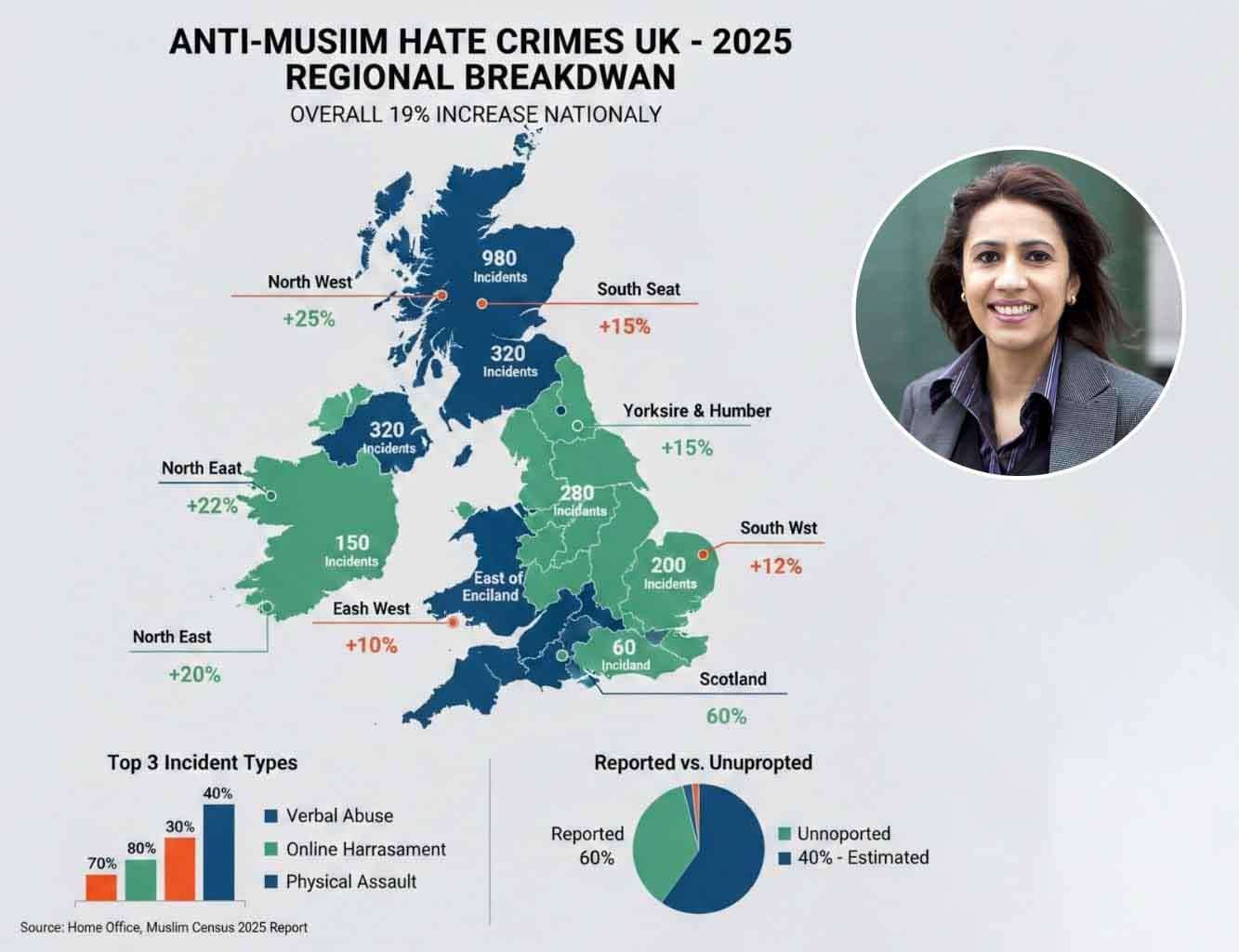
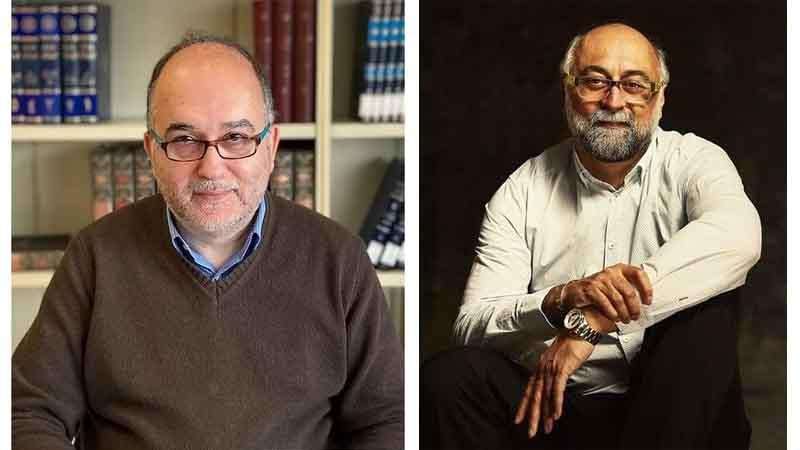



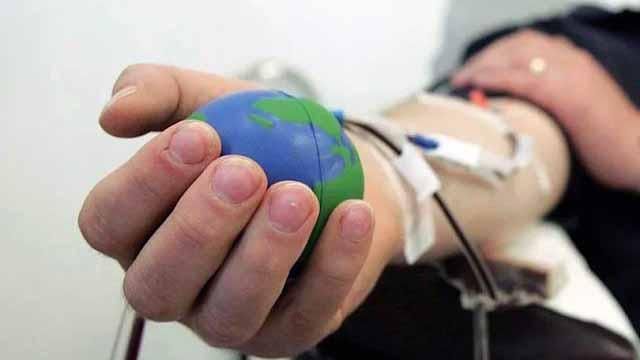
.svg)

